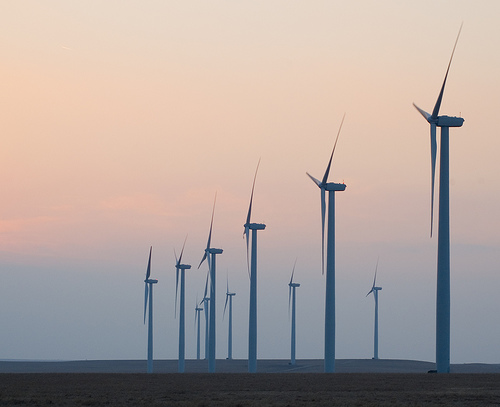 Artwork by Rose Fyson, made available by Oxfam International on a Creative Commons License.
Artwork by Rose Fyson, made available by Oxfam International on a Creative Commons License.
Yesterday was Blog Action Day, an inspiring example of the power of coordination and generosity on the internet. Blog Action Day was founded by three bloggers in 2007 and asks bloggers to write about a single topic on a specific day. Last year Change.org took over management of the event. This year's topic was Water, following on from the environment, poverty and climate change over the past three years. You can see my contribution here.
Blogs are one of the the greatest example of how free time is now focused creatively and expressively, rather than passively, in the digital world. The cognitive surplus this produces is fueling the web2.0 world, driving innovations in politics, media, arts and play. In everything. The internet has opened up so many options for our active participation in cultural production and community formation. But the thing that makes it really powerful is its capacity for coordination.
Blog Action Day is an example of generosity online, as over ten thousand bloggers, the vast majority volunteers, contribute the content which makes the day what it is. But it's the coordinated publishing of these blogs on a specific day that amplifies into more than a random collection of voices but rather becomes an event. Something worth paying attention to, worth the White House, Mashable, The Huffington Post, Official Google Blog, BlogHer, StumbleUpon and thousands of other blogs large and small, contributing to.
Water is a great choice of issue. How we share and manage water resources is going to be one of the defining issues of the 21st century. As climate change affects rainfall patterns conflict over water will grow, and new approaches will be required for human habitation to continue in many parts of the world, including areas of the United States and Australia.
Water is a local issue, intensely felt by the 1 billion worldwide who lack access to clean water, and to farming communities where the rain no longer comes, or the snow melt isn't what it used to be. But it's also a regional issue, as countries will increasingly squabble over shared resources with wars over water the likely outcome. And it's a global issue, a leading symptom of our changing climate, a warning that we need to do things differently.As the UNDP has written "water is the medium through which climate change expresses itself."
The universality of this experience (we all interact with water, and therefore water issues, every single day) makes it perfect for an event like Blog Action Day. We can each speak locally but together we express a global perspective: that the time for change is now.
[vimeo=http://vimeo.com/15336764]

 So this Saturday is
So this Saturday is 